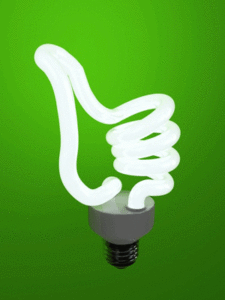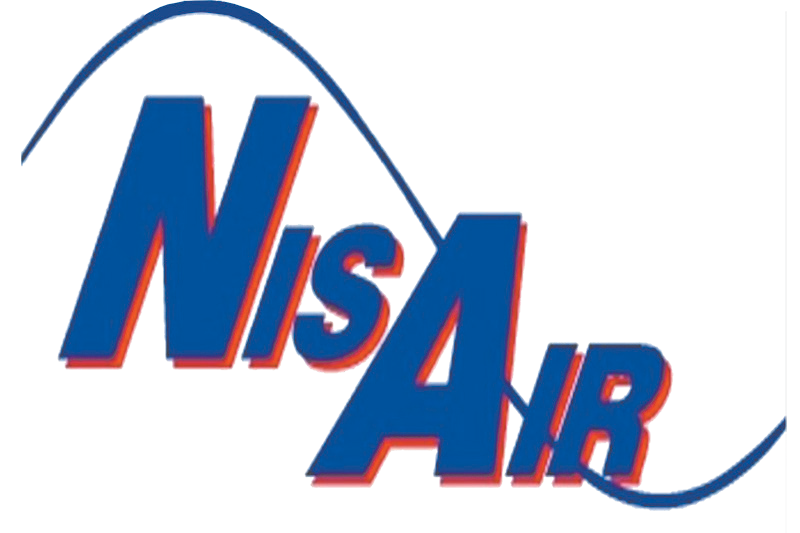Could a Whole-House Approach to Energy Savings Work for Your Treasure Coast Home?
Taking a whole-house approach should result in significant energy savings and cost reductions in your Treasure Coast home. This concept views the home as one entity with many inter-related parts that work best when they together.
Your air conditioner and heating system (when you need it) use about half of your home’s energy. Your air conditioner probably runs most of the year, and it must be kept in top condition for energy savings. This means that air ducts, coils and filters should be checked, cleaned, repaired and/or changed when necessary.
Seal Leaks and Insulate
Leaks in your home’s outer envelope, including around windows and doors, should be tightly sealed with caulk, weatherstripping or spray foam, depending on the location and/or size of the leak. Check for leaks where your foundation meets your home’s walls and where plumbing, electrical and other utility lines enter the home.
Proper insulation in your home’s attic will reduce the amount of built-up heat that will transfer downward into your living spaces and place an extra load on the air conditioner. Attic temperatures in the southeast can reach more than 140 degrees Fahrenheit from direct sunlight pounding down on the roof all day.
Shade trees and broadleaf plants near south- and west-facing windows can also keep your home a little cooler.
Appliances
Your gas or electric water heater uses energy. If you have a storage-tank water heater, adjust the temperature to 120 degrees (from the usual 130-140) to save energy. Consider upgrading to a tankless, on-demand water heater, which conserves energy and water.
Save water and energy by using cold water in your washing machine and adjusting the water level to the load size. Run dishwashers with a full load and air-dry the dishes.
Use compact fluorescent lighting, including energy saving spiral bulbs and LED lights, wherever possible to lower your electric bill.
A regular maintenance tuneup of your cooling and heating equipment and ductwork will keep your HVAC system working efficiently, and will catch small problems before they become big ones.
Please contact us at NisAir Air Conditioning and Heating, serving Martin, Palm Beach and Indian River counties since 1973, for assistance getting your home to work as an inter-related whole rather than as independent components.

